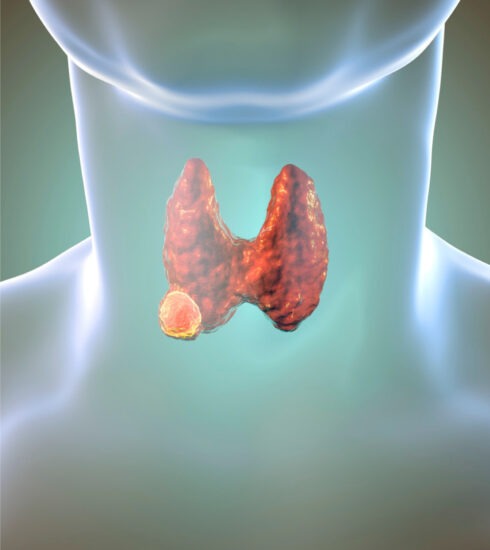- Dr. Vinod Jangid, Kota

- April 20, 2024
Living with Asthma
In the wake of modernization and industrialization, the world we live in is changing at a fast pace and subjecting us to several pollutants that exist in the environment. As a result many harmful particles and fumes travel to our breathing tubes of lungs. Heredity is a pivotal factor that decides our body’s reaction to these pollutants also called triggers. Many patients consciously or unconsciously struggle with this reaction (hyperreactivity), and the condition is known as Asthma.
So let us firstly tackle the question of what is Asthma and how does it impact our body?
Asthma is a genetically determined disease of airways of lungs, which get inflamed and become hyperreactive to various triggers. When we inhale, we allow dust particles, fumes, pollens, fungal spores etc., to enter our airways. Our airways react in defence from these foriegn bodies and this defence leads to hyperreactivity and inflammation of airways. This is an ongoing process throughout the life of a susceptible individual. We can control it by avoidance of various triggers and by medication.The triggers may be external (environmental) or internal (emotional).
In our society, there are various misconceptions about this disease. Few of these are:
- Asthma is always severe: Asthma sometimes may be severe but generally it is an easily controllable condition.
- Asthma is not curable: Asthma can be controlled but we cannot cure it.
- Asthma is a genetic illness: In the majority of patients there is genetic predisposition of the illness but that is not universal.
- Asthma is contagious: Asthma is not a communicable illness. It cannot be transmitted by droplets, coughing, sneezing, or by any contact with an asthmatic patient.
Medication plays an important role in controlling Asthma. For years, physicians have been choosing inhalation therapy, as it provides better control and is safe over oral medication.
Inhaler is a drug delivery system. Few of the advantages with inhalers that your physician may tell you are:
- Inhalers contain very less amount of drug about 1000 times lesser than the oral form, making it safer.
- Inhalers help the drug to directly enter the airways so the patient gets prompt relief without any side effect.
- Inhalers are not addictive, though many patients may need it regularly for lifetime due to the severity of their condition.
- Inhalers are available in multiple types to meet each patient’s requirement. Your physician may recommend you as per your condition.
- Inhalers provide convenience to take medicine, anytime – anywhere, as it can be always carried in the pocket.
The technique, dose and frequency of inhalation should be followed as per your physician’s advice. If this is not followed then it may lead to harmful effects or poor control in the long run. Your physician’s focus is always to treat the disease and not just symptoms. As soon as the airway inflammation subsides your physician may reduce the dose or frequency of medication.
To help you control your disease efficiently, prepare an asthma action plan with your physician’s help. First thing that your physician will suggest is to identify and avoid the triggers. Some most common triggers are dust, fumes, pollens, extreme cold, exercise, perfumes, fungus and change of climate. Some food or emotional disturbance may increase the severity of asthma.
Identify these triggers, list them down and discuss with your physician. Your physician may also advise you to take an allergy test. This test is conducted by an expert, and based on the results, your physician will recommend the next steps.
Although there is a limited role of diet in controlling bronchial asthma but junk food and cold beverages should be avoided. Smoking is a major risk factor for development of the disease so it should be avoided. Meditation, yoga, and breathing practices have been found to be useful for Asthma patients.
Asthma patients can lead a normal productive life by just avoiding triggers and following their physician’s advice.









